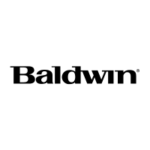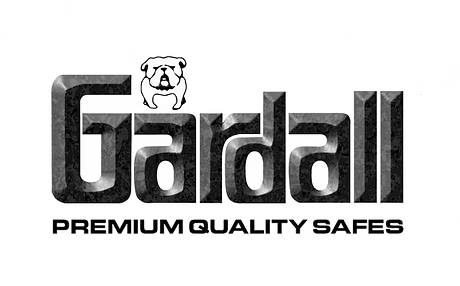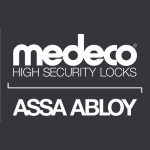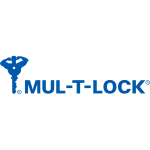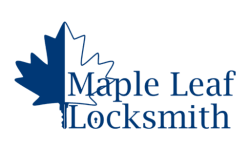
Understanding the Need for Senior-Friendly Locks
For many seniors, the goal is to maintain independence while ensuring a secure home. Traditional lock systems, while effective, can sometimes include intricate features that may be more challenging for everyday use. Senior-friendly locks are designed with larger interfaces, simplified operations, and clear visual and auditory cues to cater to a changing lifestyle. These locks empower seniors and provide peace of mind knowing that the security measures align with their needs.
Key Considerations for Choosing the Right Lock
When selecting a lock system for aging in place, consider the following:
-
Ease of Operation: Look for locks with large buttons, clear labels, and intuitive functionalities. Avoid systems that rely on small touchscreens or complex sequences.
-
Accessibility: Features like backlit keypads, voice prompts, and audible notifications help ensure that the lock is usable in all lighting conditions and situations where vision or hearing might be a concern.
-
Security with Backup Options: While modern smart locks offer convenience, it’s crucial to have manual overrides or backup keys in case of technical issues, ensuring there’s always an accessible exit or entry option.
-
Reliability and Maintenance: Choose systems known for their durability and simplicity. Regular maintenance and updates ensure that the lock works reliably, especially in an emergency.
Exploring Your Lock Options
Traditional Deadbolt Enhancements
Traditional deadbolts remain a dependable choice when updated with modern enhancements—for example, combining the solid security of a deadbolt with large, easy-to-turn knobs and backup key systems. They offer familiarity along with improved usability.
Smart Lock Solutions
Modern smart locks now come with interfaces tailored for ease of use. Look for models that:
-
Feature Large, Responsive Displays: A lock with a big, clear display helps seniors effortlessly enter access codes.
-
Offer Voice Assistance: Some locks integrate voice alerts for feedback during operation, ensuring users are confident in every access.
-
Integrate with Home Automation: For those comfortable with technology, some systems allow remote monitoring, which can offer added reassurance by alerting family members or caregivers if an access issue arises.
Biometric Locks with an Accessible Twist
Biometric solutions, like fingerprint or facial recognition locks, have made significant strides in accessibility. When choosing a biometric lock, verify that it offers:
-
User-Friendly Registration: The system should easily enroll multiple fingerprints or face data without technical hiccups.
-
Simple Recovery Options: Look for biometric systems that provide a backup method—such as a keypad—for times when recognition isn’t possible.
Professional Consultation and Installation
Adapting your home for aging in place isn’t just about picking the right lock—it’s about integrating it into a reliable security network. An experienced locksmith can help assess your current setup and suggest tailored solutions that meet your unique needs. Whether you lean toward a modern smart lock or prefer a trusted, time-tested model with a few upgrades, professional advice ensures that your home remains both safe and user-friendly.
Need Expert Senior-Friendly Lock Advice or Aging in Place Security Solutions? Contact Maple Leaf Locksmith
Senior-friendly locks are designed to balance accessibility with top-notch security—ensuring your home remains safe, comfortable, and easy to navigate. Whether you need professional advice, installation, or lock rekeying services tailored to senior needs, Maple Leaf Locksmith serves Toronto and the GTA with reliable expertise.
Call us today at +1 (647) 323-3297 or visit our website for personalized, professional service.
Maple Leaf Locksmith – Your Trusted Partner in Secure, Accessible Homes. Call now: +1 (647) 323-3297


